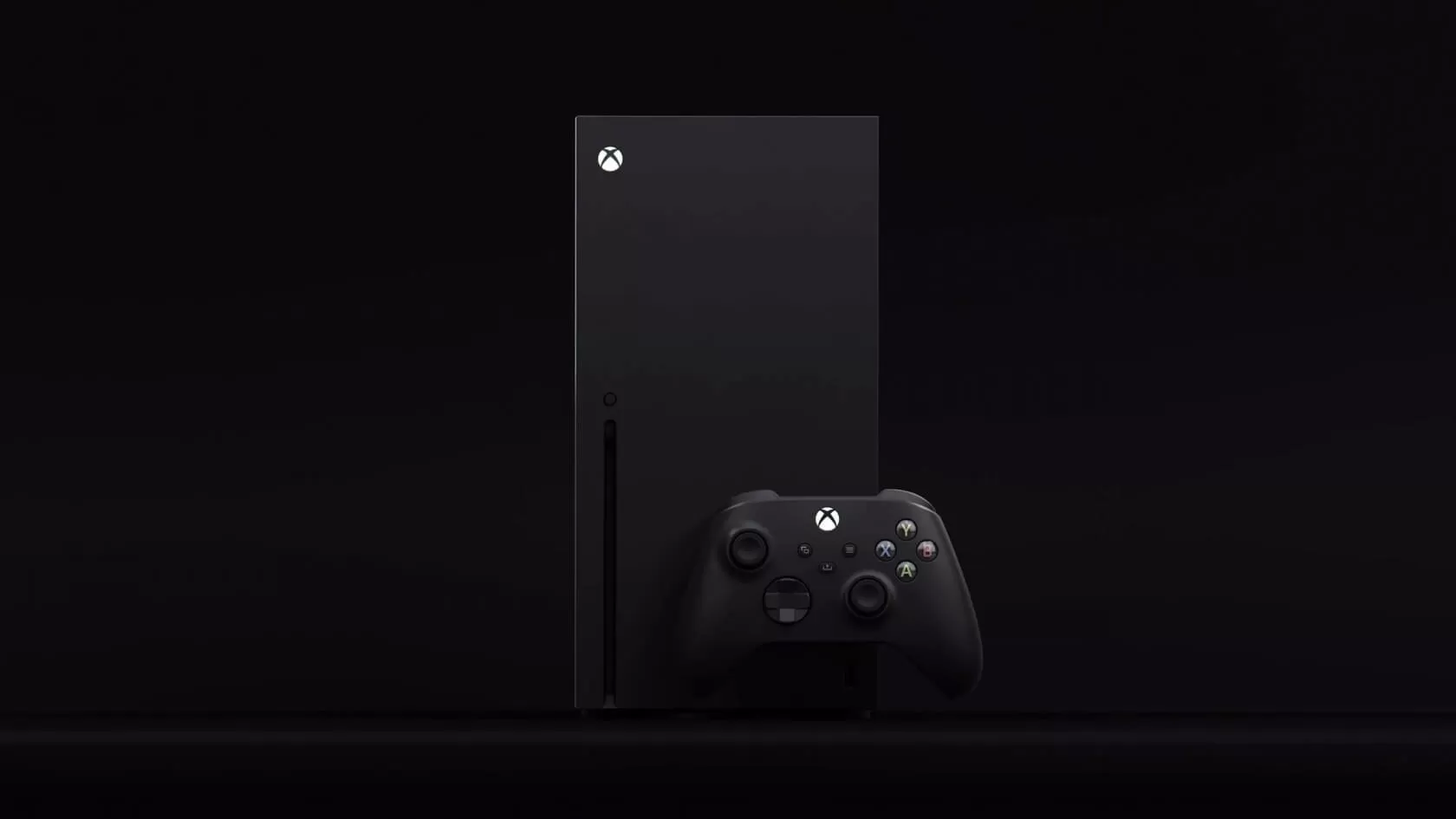In context: Lately, Microsoft has been revealing a plethora of details about its upcoming next-gen Xbox Series X game console. Just two days ago, the company claimed the device would have 12 teraflops of GPU performance, support for "Smart Delivery," and access to quick resume, a feature that lets you "immediately resume multiple games from a suspended state."

Today, a few more interesting details have dropped, courtesy of a recent podcast with Microsoft's Larry Hryb. First of all, we now know that the Xbox Series X's quick resume feature will also function even after a hard reboot.
"I had to reboot because I had a system update, and then I went back to the game and went right back to it," Hryb said. "So it survives a reboot." That'll be a pretty handy feature if it sticks around on launch, but it might also push Microsoft to be more aggressive with its software updates (as it is within the Windows 10 ecosystem). Only time will tell on that front, but overall, it should be good news for users.
If you're gaming during a storm or any other situation in which your console might suffer a sudden loss of power, theoretically, you should be in the clear. However, it's possible that this feature will not work after a full shutdown, so we'll be reaching out to Microsoft for clarification.

Moving on to the other major piece of Xbox Series X-related news, let's talk ray tracing. According to Hryb, the next-gen console's ray tracing implementation will go beyond realistic lighting and reflections. "With the introduction of hardware-accelerated ray tracing with the Xbox Series X, we're actually able to enable a whole new set of scenarios," Hryb said. "Whether that's more realistic lighting, better reflections, we can even use it for things like spatial audio and have ray traced audio."
Hryb says it's difficult to explain what that entails from an end user's perspective -- he notes that it's something users need to experience firsthand to grasp. However, in theory, ray traced audio should make scenes and areas "come to life" in a more immersive way.
We look forward to learning more about the Xbox Series X in the coming months before its holiday 2020 launch period. Additionally, we hope Sony responds to Microsoft's latest info dump with some PlayStation 5 details of its own soon. Right now, the Japanese tech firm seems content to let Microsoft have the spotlight, but we don't expect that to last very long.
https://www.techspot.com/news/84179-xbox-series-x-support-ray-traced-audio-players.html